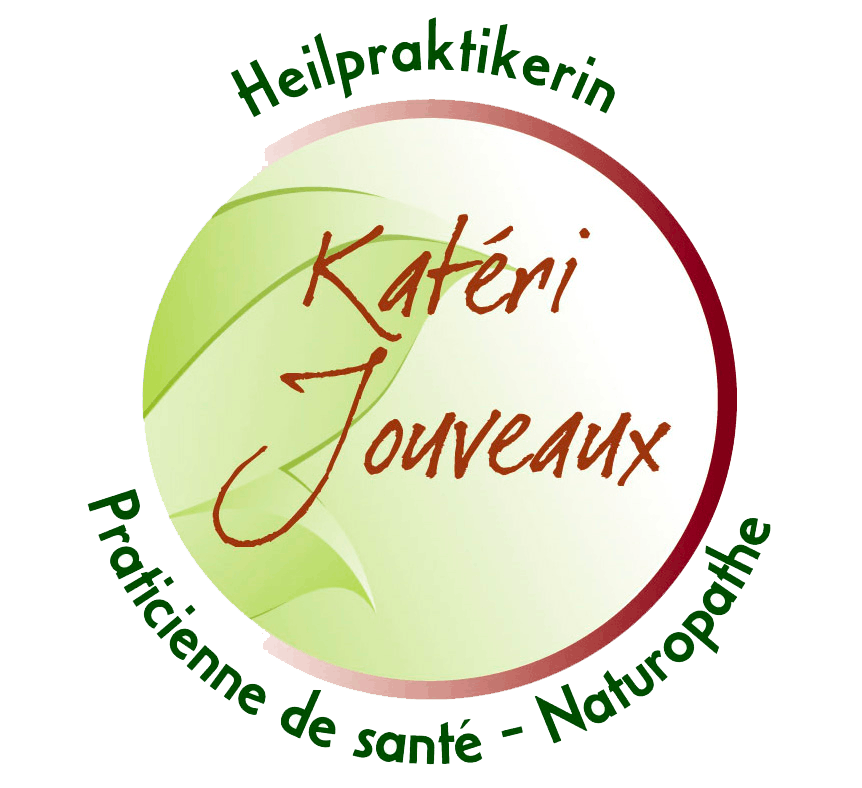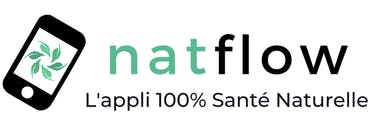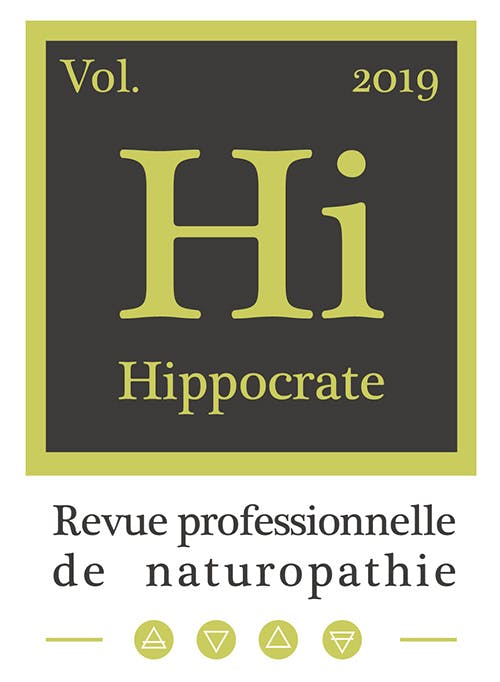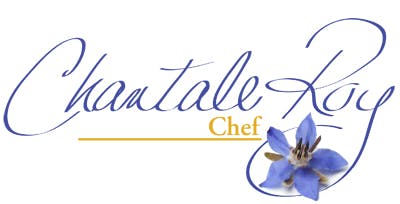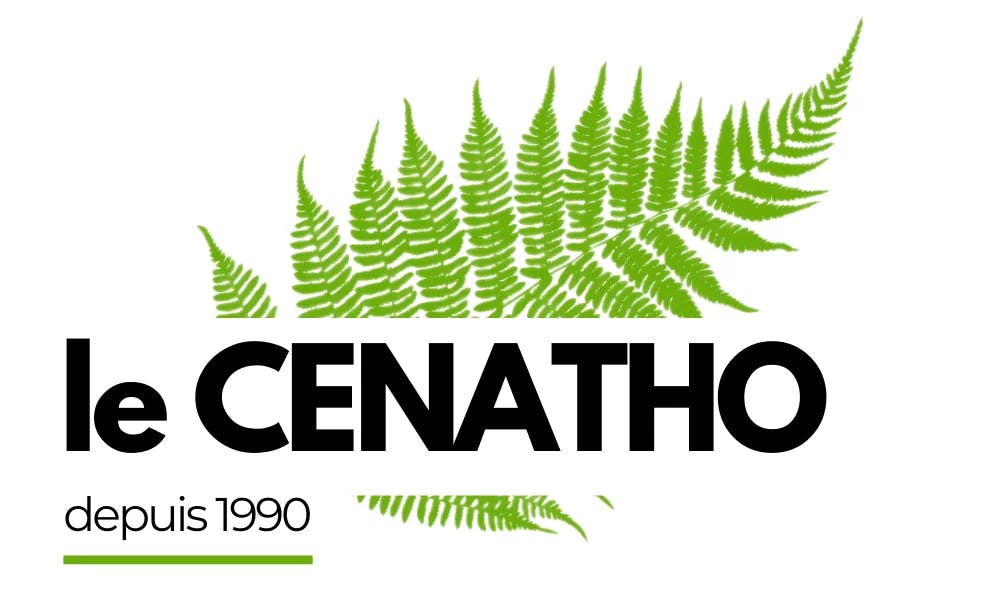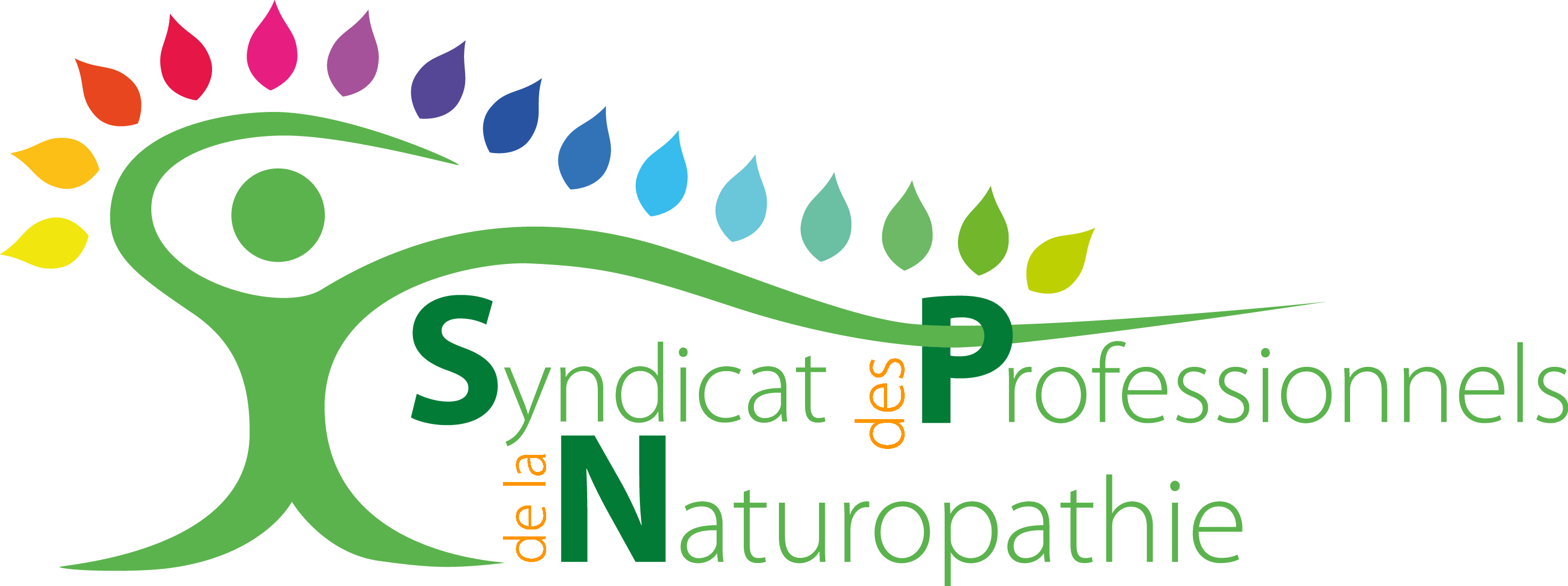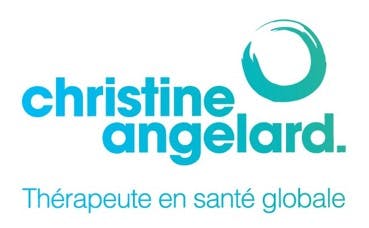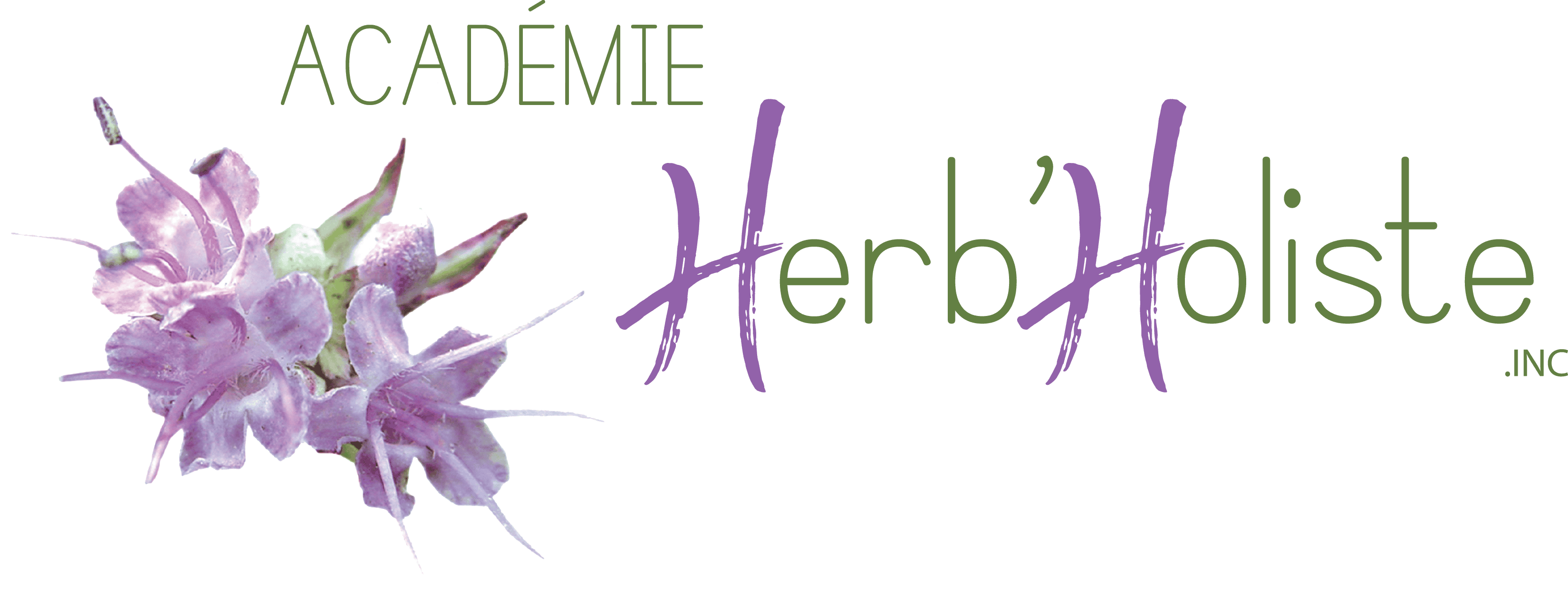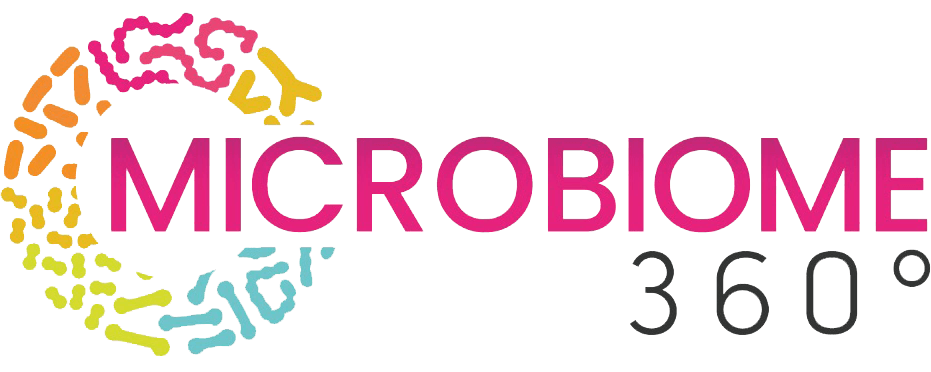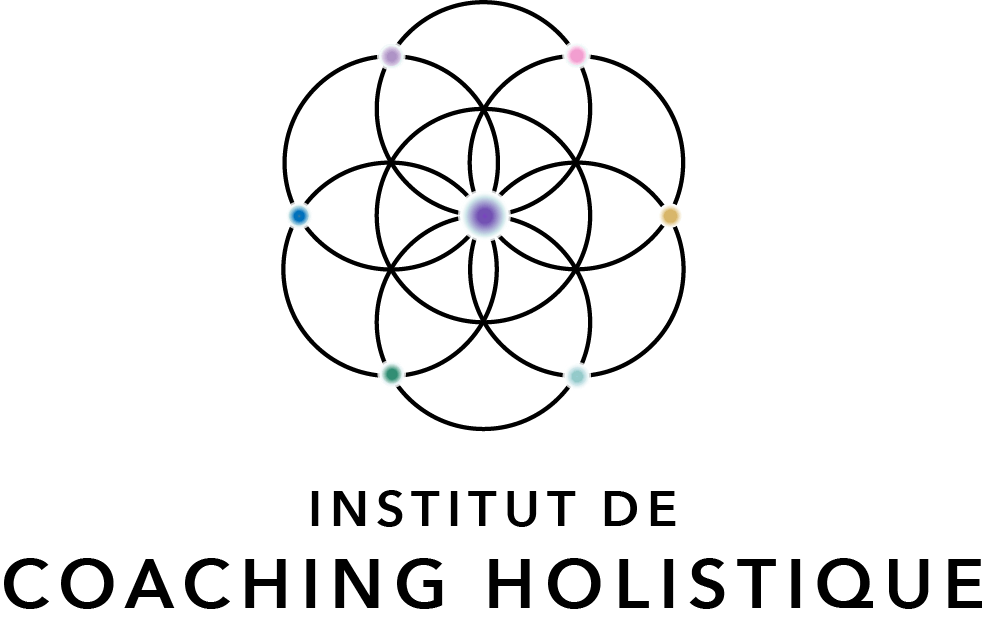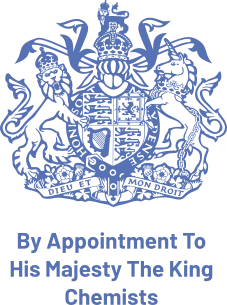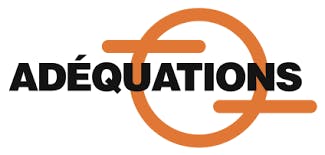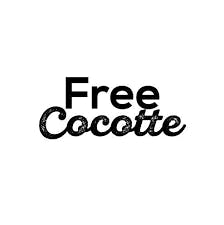Client-Therapist Relationship
The Art of Human Connection
This course explores the human and ethical dimension at the heart of every therapeutic practice. It emphasizes that the quality of the relationship between practitioner and client determines the effectiveness of care just as much as technical skill. More than a simple exchange of information, the helping relationship becomes a space of trust, listening, and transformation.
Students learn to recognize that every client is first and foremost a unique individual, carrying a personal story, emotions, beliefs, and inner strengths. The therapist’s role is to welcome this individuality with compassion, to create a sense of safety and openness, and to maintain communication that is both clear and respectful.
The course is structured around four main themes:
- The fundamental principles of the helping relationship — active listening, empathy, congruence, non-judgment, and authenticity.
- Self-awareness and emotional management, for both therapist and client, to sustain a balanced and respectful relationship.
- The foundations and process of the therapeutic consultation, including preparation, professional posture, the different consultation styles (directive, non-directive, guided), and the subtleties of verbal and nonverbal communication.
- Psychological analysis tools, including defense mechanisms, motivation, transfer psychology, and an introduction to the Enneagram as a framework for understanding human behavior.
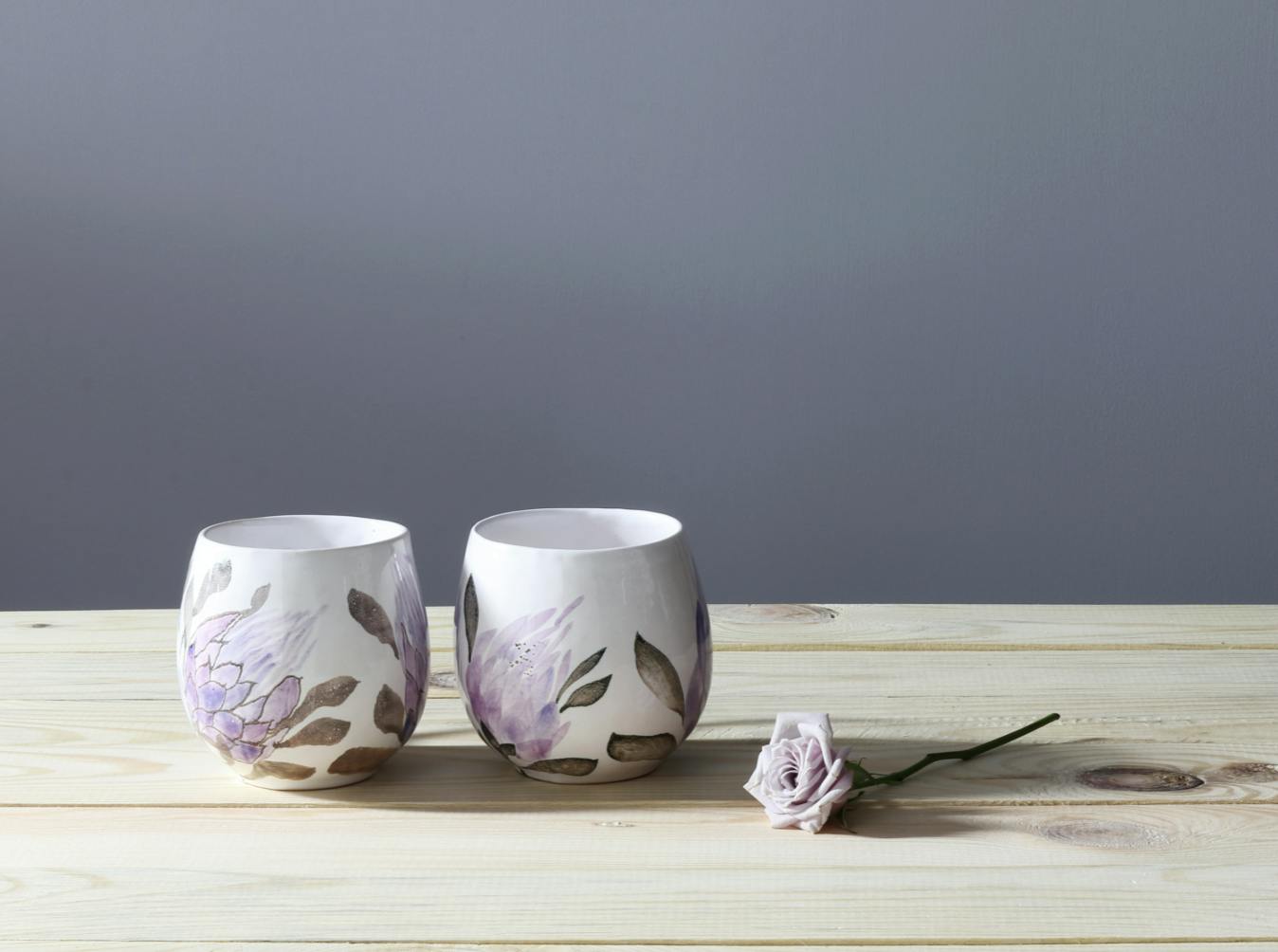
Included teaching methods:
- E-Learning training: an interactive, motivating, and effective learning method.
- Printable course workbooks
- Online exams
- Access to the student centre
- Videos and virtual library.
Course Content Description
The Therapeutic Relationship Beyond Alternative Medicine
- The personal aspect of each practitioner
- Friendly support
- Emotional support
- Moral support
- Energetic dynamic
- The unconscious
- The subconscious
- Cognitive model
- What we already know
- Alternative medicine
- Intuitive model
- What we don’t know
Psychology
- Analytical therapies
- Body therapies
- Surgical therapies
- Transformational therapies
- Behavioural therapies
- Perceptual therapies
- Transpersonal therapies
- Psychiatry
- Psychology
- Psychotherapy
- Energy psychodynamics
From Energetic Blockages to Physical Manifestations
- Energetic dynamics
- Energetic techniques
- Psychological dynamics
- Techniques for awakening consciousness
- Physiology of emotions
- Main themes;
- Vertical movement of the body
- Horizontal blockage
- “NO” and “YES” in the body
- Expansion and contraction
- Breathing
- Sorrow
- Rage
- Fear
- Joy
The Health Practitioner in the Therapeutic Relationship
- Altruism
- Listening
- Empathy
- Authenticity
- Humility
- Basic tasks in the therapeutic relationship
- Non-directiveness
- Reformulation
- Levels of reformulation
- Observation
- Knowledge
- Technique and helper
- Judgment
- Decisions
- The purpose of the meeting
- Your feelings
- Transference and counter-transference
- Support team
The Enneagram
- Praise of differences
- An impulse that becomes a compulsion
- Making friends with oneself
- How does it work?
- An ancient tool well-suited to modern times
- Self-knowledge and sense-seeking
- Enneagram advantages in your personal life:
- Enneagram advantages as a naturopath:
- Links to physical health
- A deep understanding of the inner world
- A specific biochemical reality for my type
- Some basic concepts
- Humans, a tri-brain being (have three brains)
- 1) The visceral brain and bodily intelligence
- Spiritually
- Physically
- Psychologically
- Relational intelligence
- Our personality type
- Getting to the root cause
Brief Description of the 9 Personality Types - Type ONE, called The Reformer
- An adaptation strategy in 3 phases
- If this is your type – as a therapist
- Your positive traits
- Your pitfalls
- Your challenges
- If this is your client, how to recognize them?
- Their selective attention:
- What they try to prove
- Their physical appearance
- Stress and imbalance
- How to support their vital energy?
- Diet
- Herbalism
- Psychological and spiritual aspect
TWO, called The Helper
- Brief summary of this personality
- An adaptation strategy in 3 phases
- If this is your type – As a therapist
- Your positive traits
- Your pitfalls
- Your challenges
- If your client is a Type Two – how to recognize?
- Their selective attention:
- What they try to prove
- Their physical appearance.
- Stress and imbalance
- How to support their vital energy?
- Diet
- Herbalism
- Psychological and spiritual aspect – A few steps toward healing
Type Three, called The Achiever
- If this is your type – As a therapist
- Your positive traits
- Your pitfalls
- Your challenges
- If this is your client: How to recognize?
- Their selective attention:
- What they try to prove
- Their physical appearance
- Stress and imbalance
- How to support their vital energy?
- Diet
- Herbalism
- Psychological and spiritual aspect
Type Four, called The Individualist
- An adaptation strategy in 3 phases
- If this is your type – As a therapist
- Your positive traits
- Your pitfalls
- Your challenges
- If this is your client: How to recognize?
- Their selective attention:
- What they try to prove
- Their physical appearance
- Stress and imbalance
- How to support their vital energy?
- Diet
- Herbalism
- Psychological and spiritual aspect – A few steps toward healing
Type Five, called The Investigator
- Brief summary of this personality
- An adaptation strategy in 3 phases
- If this is your type – As a therapist
- Your positive traits
- Your pitfalls
- Your challenges
- If this is your client: How to recognize?
- Their selective attention
- What they try to prove
- Their physical appearance
- Stress and imbalance
- How to support their vital energy?
- Diet
- Herbalism
- Psychological and spiritual aspect
Type Six, called The Loyalist
- An adaptation strategy in 3 phases
- If this is your type – As a therapist
- Your positive traits
- Your pitfalls
- Your challenges
- If this is your client: How to recognize?
- Their selective attention
- What they try to prove
- Their physical appearance.
- Stress and imbalance
- How to support their vital energy?
- Diet
- Herbalism
- Psychological and spiritual aspect – A few steps toward healing
Type Seven, called The Enthusiast
- An adaptation strategy in 3 phases
- If this is your type – As a therapist
- Your positive traits
- Your pitfalls
- Your challenges
- If this is your client: How to recognize?
- Their selective attention
- What they try to prove
- Their physical appearance
- Stress and imbalance
- How to support their vital energy?
- Diet
- Herbalism
- Psychological and spiritual aspect—
- A few steps toward healing
Type Eight, called The Challenger
- An adaptation strategy in 3 phases
- If this is your type – As a therapist
- Your positive traits
- Your pitfalls
- Your challenges
- Their selective attention:
- What they try to prove
- Their physical appearance.
- Stress and imbalance
- How to support their vital energy?
- Diet
- Herbalism
- Psychological and spiritual aspect – A few steps toward healing
Type NINE, called The Peacemaker
- Brief summary of this personality
- An adaptation strategy in 3 phases
- If this is your type – As a therapist
- Your positive traits
- Your pitfalls
- Your challenges
- Their selective attention:
- What they try to prove
- Their physical appearance
- Stress and imbalance
- How to support their vital energy?
- Diet
- Herbalism
- Psychological and spiritual aspect – a few steps toward healing
Questionnaire to Discover Your Enneagram Type
- Review of knowledge
- Answer key
- Graded activities








